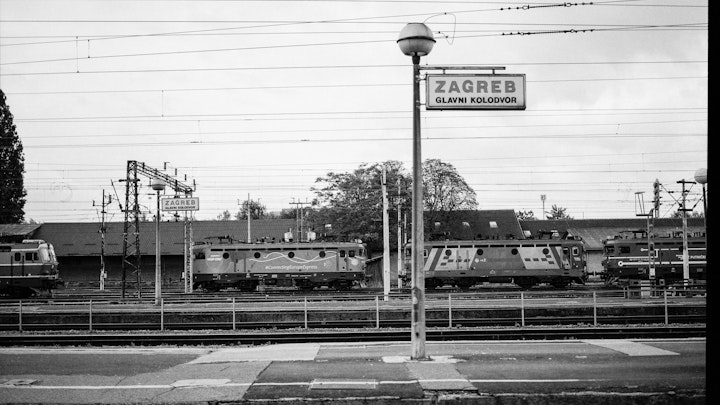Croatia: Defining a Nation - AWARD WINNING FEATURE DOC
In 1987 the Yugoslavia Under 20 football team travelled to Chile to take part in the World Youth Championship.
Formed of the best young talent from the republic (but with an unusual emphasis on players from Croatia) the team completely dominated the tournament with their beautiful attacking football.
Their triumph meant this phenomenally talented group , led by captain Zvoimir Boban, gained world recognition.
Robert Prosinečki, Igor Štimac and Davor Suker also came to the public’s notice.
Big things were expected of these players and over time they duly delivered - coming third at the World Cup in 1998.
But they didn’t achieve success under the flag of Yugoslavia, and their exploits off the pitch were just as significant as on it.
Their lives became inextricably linked with narrative of the breakup of Yugoslavia, and the birth of the country that they loved, Croatia.
Croatia: Defining a Nation looks at the growth of this band of brothers from young men in an oppressive regime, to iconoclasts in their new country.
Key to the film are the stories of Zvonimir Boban, Slaven Bilić and Igor Štimac. All three were Croatian patriots, and all of them expressed that in different ways.
None were more central to the story than Boban whose distaste of the Yugoslav regime was so great, that he fly-kicked a policeman in the Dinamo Zagreb-Red Star Belgrade derby during an organised riot, led by a warlord who would go on to become a world famous war criminal.
The kick was so infamous that some argue it started the war. Whatever the truth of that, its impact was proof it is impossible to separate football from politics.
Whilst the players did not fight on the frontline, they carried their nations hopes on their shoulders - promoting Croatia to the world as it fought for its independence.
And when the fighting ended, their talent on the football pitch brought joy to their people - establishing the identity of the country, and the blueprint for all that followed them.












